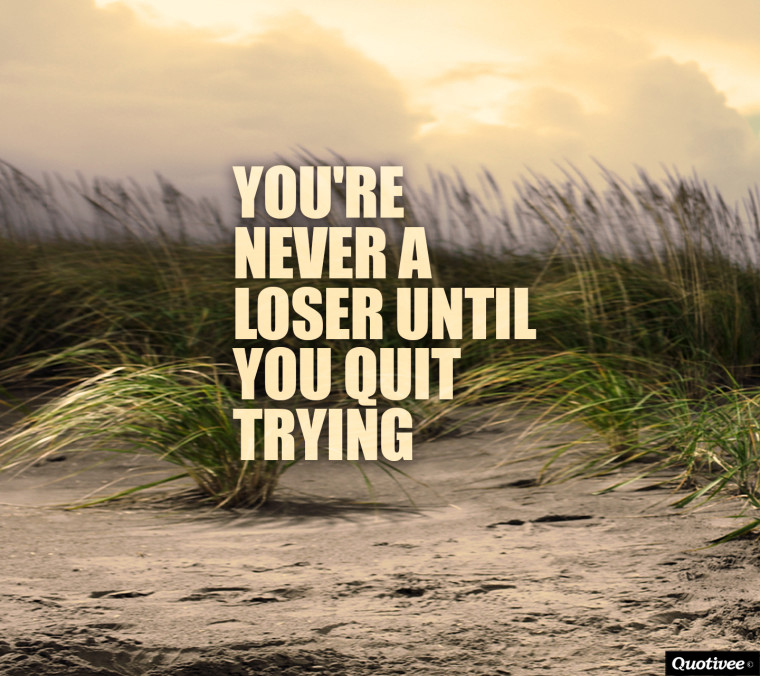No one enjoys making a mistake. But it’s especially tough to respond well to regret when we hear our harshest critic screaming inside our own heads: “LOSER!”

Often the most debilitating part of making a mistake is how we beat ourselves up afterwards. When regret makes its move, we’re lucky if we can still see straight.
I experienced this when my team and I debriefed recently about the launch of my latest book A Story Worth Telling Your Field Guide to Living an Authentic Life. In addition to celebrating what went well, we discussed mistakes made so we could learn from them.
But I must confess that I focused on my mistakes way more than I should have. And thinking about those mistakes left me more than a little discouraged.
Now the reality is that A Story Worth Telling is what publishers call an evergreen book, meaning it will still be just as relevant to the reader a year from now as it is today. So the aim is to share it with more and more people over time, empowering them to live authentic lives of abundant faith. [ You can share it with your pastor or ministry leader now for FREE! Click here to see how.]
But, as I shared with my team, I tend to be dissatisfied with anything less than perfection. And because I always fall well short of perfection, I can easily succumb to regret.
I’m hoping I’m not the only one who struggles with responding in a healthy way to mistakes and regret. Over the years, I’ve learned a few healthy ways to respond when confronted with feeling of regrets about mistakes we all inevitably make — perhaps because I seem to make more than normal.
6 Healthy Responses to Making a Mistake
- Admit your failures ASAP. The quicker we clearly identify our mistakes, the sooner we can learn from them and move on. All too often we try to give ourselves a pep talk when what we need is a thorough diagnosis. Yes, you made a mistake. No, you’re not the first to do so. And don’t worry, you will make more if you plan on succeeding at anything. As Tom Watson put it, “If you want to increase your success rate, double your failure rate.” Not that you need to try to fail, but mistakes will happen as a natural part of the growth process.
- Reconcile any damaged relationships. Did your mistake — or your response to it — leave a trail of wounded people behind? If so, make it a priority to heal and restore before moving on. Regret can often cause us to do or say some stupid stuff. Fix those failures to contain the damage caused by your errors. Being authentic about your mistakes may actually deepen those relationships because vulnerability invites community.
- Recalibrate your sensors. How are you measuring success or failure? By whose standard did you fail — yours or Gods? If you sinned, confess it. If you failed to achieve your own unrealistic goals, get over it. Reconnect with what you know to be true by listening to the perspective of others. In my instance, my wife reminded me that just four years ago, I would have been ecstatic to know the book had made it to print. I needed to reacquire a sound standard by which I could evaluate progress.
- Start speaking truth to yourself. If you are like me, you can be incredibly gracious to others and unbelievably insulting to yourself. The Apostle Paul tells us the body of Christ is built up by speaking the truth in love, not only to others but to ourselves, as well. As Zig Ziglar says, “The most influential person you will talk to all day is you.” A terrific book on this topic is Smart Talk for Achieving Your Potential
by Lou Tice.
- Remember it’s not about you. I know it’s difficult for us to grasp when consumed with regret, but the world will not stop turning because of our mistakes. God already knew you were a sinner when he set his plan in motion to die for you — and 7 billion other people. If we’re not careful, our regret at having made a mistake can become cover for our own foolish pride. Maybe we should try loving other people more and needing their approval less.
- Get back on the trail. There are no winners and losers in the Kingdom of God, only followers and those who’ve stopped following. Failure out on the trail can cause us to settle for hanging out on the treadmills in God’s gym where we can all feel good about getting nothing done. But your story will only become one of lasting significance when it keeps taking righteous risks. So keep moving forward. [See my post The Secret to Living by Faith.]
Question: Which response resonates with you the most? What other ways have you learned to shake off regret and get back on the trail? Share your thoughts by clicking here.


